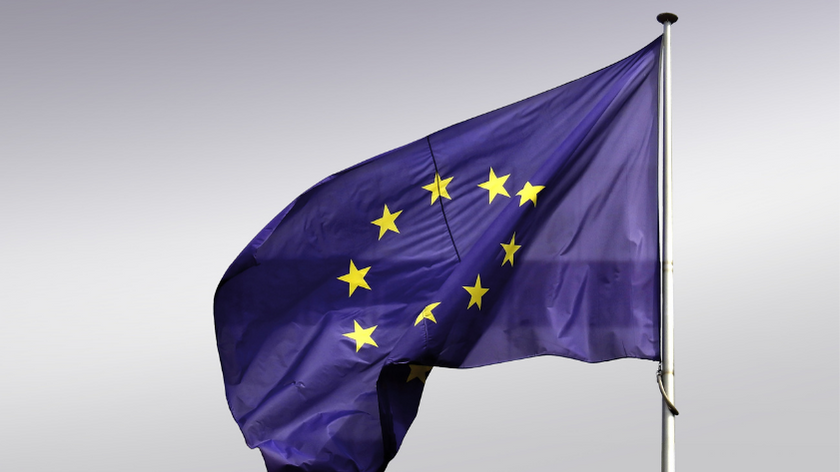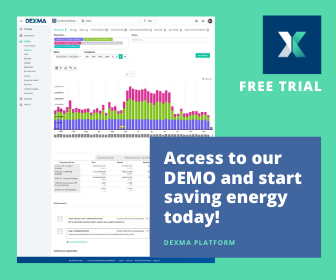The European Commission adopted the EU Energy Efficiency Directive 2012/27/EU on 25 October 2012. This policy establishes a set of binding measures to help the union reach its main target: 20% energy efficiency by 2020. What’s more, this will pave the way for further energy efficiency improvements beyond that date. Under this policy, all the EU member states are required to use energy more efficiently from the transformation of energy and its distribution to its final consumption.
Measures of the EU Energy Efficiency Directive include the legal obligation to establish energy efficiency policy measures in all member states. These measures encourage energy efficiency improvements in households, industries and transport sectors. Another goal is to remove barriers in the energy market, as well as overcome market failures preventing efficiency in the supply and use of energy.
Provisions of the Directive are:
(1) Regarding efficiency in energy use:
- Energy efficiency targets
- The exemplary role of public buildings
- Energy audits and energy management systems
- Metering information and access to these
(2) Regarding efficiency in energy supply:
- Promotion of efficiency in heating and cooling
- Energy transformation, transmission and distribution
(3) Regarding horizontal provisions:
- Availability of qualification, accreditation and certification schemes
- Energy services
Governments and businesses care about reputation. That is to say, to protect their public image they usually link their building’s performance to sustainability. Non-compliance with the Energy Efficiency Directive would lead to a damage to an organisation’s reputation, not to mention penalties. The only way to avoid this is to ensure your installations are in compliance with the Energy Efficiency Directive.
Some tips to do so are:
- Carry out the audits in a timely manner.
- Check that the recommended energy efficiency projects correspond to the reality of the installation.
- Inform and train the installation’s end users.
But it’s not just their reputation businesses need to care about when complying with the Directive. Every three years all member states must submit National Energy Efficiency Action Plans, covering remarkable energy efficiency improvements and expected or achieved energy savings. Those action plans should be complemented with estimates of expected primary energy consumption in 2020, both the overall consumption in the country and in specific sectors.
In addition, the requirements of the Energy Efficiency Directive must be drafted into each member state’s national law. For instance, if you own a business in Germany, you will not comply since there is not a national German law linking the Directive. Yet if you are a German business operating in the UK, France or other countries, then you must comply with the national manifestations of the Directive in each of those countries.
How do businesses know they are complying with the Energy Efficiency Directive? Businesses must conduct energy efficiency audits every four years.
So, as an organisation in the EU it is important to be on top of your energy efficiency. The best way to start is with an Energy Management Software, you can try ours:




